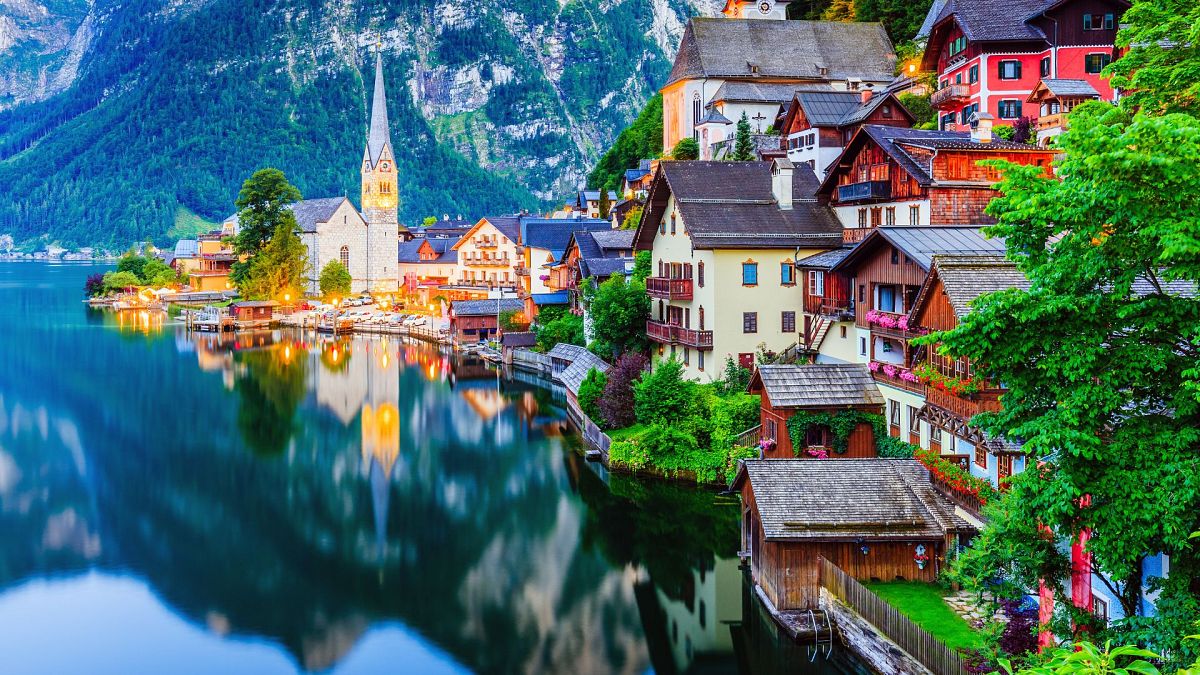Gazprom Export has announced that it will be halting gas supplies to Austria, following the latter’s biggest state-owned fossil fuel company, OMV, winning an arbitral award against it.
Gazprom Export has revealed that it would be stopping gas supplies to Austria after over 50 years, from 16 November. This follows Austria’s biggest fossil-fuel company, state-owned OMV, recently bagging an arbitral award against Gazprom Export, for its irregular German gas supplies, which stopped entirely back in September 2022.
Dutch TTF gas prices fell 0.21% on Tuesday afternoon, but jumped 10.34% this week, as energy markets experienced increased volatility.
OMV has revealed that it is planning on offsetting this arbitral award against payments that it owes to Gazprom Export, under its Austria gas supply contract, by essentially withholding the payments. Gazprom Export is a subsidiary of Russia’s gas company Gazprom.
This arbitral award was under the rules of the International Chamber of Commerce (ICC), with the arbitration request having been raised by the OMV Gas Marketing and Trading GmbH (OGMT), back in January 2023.
OMV said in a press release on the company’s website: “OMV has taken the decision to recover awarded damages amounting to €230 million plus interest and costs, which positively contributes to balancing respective financial losses incurred in 2022.
“The company takes the necessary next steps to enforce the arbitral award with immediate effect. OGMT confirms off-setting its claims against invoices under the Austrian gas supply contract with Gazprom Export to obtain compensation for its awarded damage claims.”
The amount being off-set is expected to go towards boosting OMV’s operating cashflow results, as well as its clean carbon capture and storage figures.
Following the Russia-Ukraine war, the risk of continuing to do business with Russian oil and gas companies such as Gazprom and Lukoil, amongst several others, has been significantly higher.
Austria has also been considerably more dependent on Russian gas than other European countries such as Germany and the UK in the last few years. Other countries such as Slovakia and Hungary have also been relatively more reliant on Russian gas, despite the war.
However, in the face of this rising uncertainty around Russian gas supplies, the country has made more efforts to increase its ties with other suppliers, such as Turkey and Norway. It has also used its large gas storage facilities to make sure that even if Russia does cut off gas supplies this winter, its citizens would be minimally impacted.
Austria has also continued to invest in its pipeline capacity for the same, while OMV has also confirmed that the country’s gas storage is currently over 90% full.
SPP, Slovakia’s biggest energy supplier, has also tied up with Azerbaijan to buy natural gas in a short-term pilot contract.

